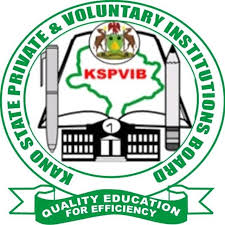‘90% of private schools in Kano operating without revalidation’
The Kano State Private and Voluntary Institutions Board has disclosed that 90 per cent of private schools in the state are operating without proper certification or payment of the 10 per cent levy mandated by the law that established the board. Baba Abubakar Umar, the executive secretary of the board, said monitoring and evaluation exercises […]

kano state private and voluntary institutions board
The Kano State Private and Voluntary Institutions Board has disclosed that 90 per cent of private schools in the state are operating without proper certification or payment of the 10 per cent levy mandated by the law that established the board.
Baba Abubakar Umar, the executive secretary of the board, said monitoring and evaluation exercises conducted by the board revealed that many of the schools were in a state of disrepair, making them unfit for conducive learning.
He said, “90 per cent of voluntary schools have neglected to revalidate their certification. Despite our efforts to pursue them, they have not complied.
“The governor has given the board the authority to sanitise the operations of private schools and voluntary institutions.
- Troops arrest 15 suspects supplying arms, logistics to terrorists
- Victims reveal bandits’ abduction tactics
“We are working to prevent incidents like the one in Jos, Plateau State, where a private school building collapsed on students.
“Our goal is not to shut down schools but to ensure they meet the required standards and pay the mandated fees.”
He also said that some of the private schools had been bypassing the board and instead seeking clearance from the Ministry of Education or the Kano Education Research and Development (KERD) to conduct WAEC and NECO examinations.
He noted that the board had previously clashed with some private school proprietors over issues of revalidation and school fees, leading to a legal dispute that was eventually resolved out of court.
Umar said he planned to take legal action against individual private schools that failed to comply with the law rather than addressing them as a collective association.
